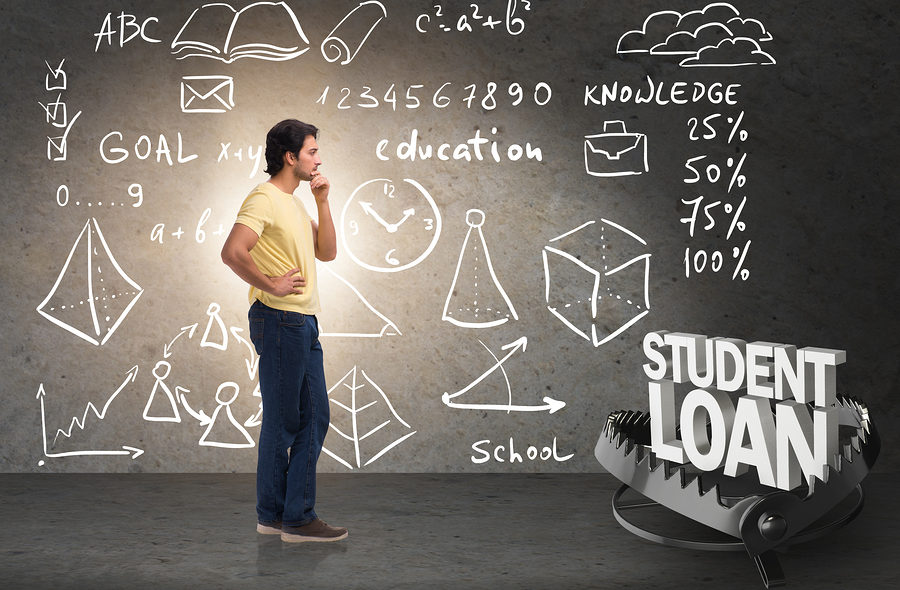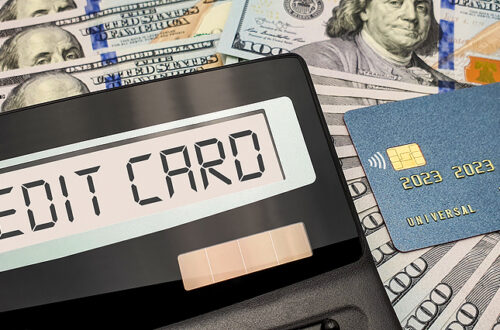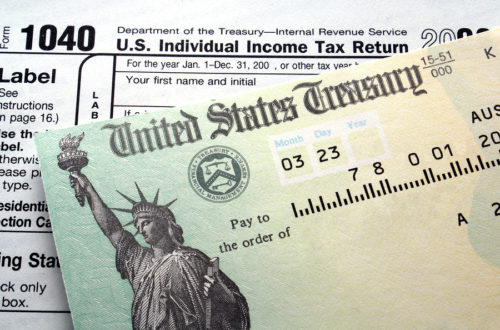Student loan debt was already a financial burden for many Americans, but the COVID-19 crisis has made it worse. It helps to understand what options are available for borrowers who are struggling to keep up with their student loan debt during this time of crisis.
Federal Assistance and Forbearance
In March 2020, Congress passed the Coronavirus Aid, Relief and Economic Security (CARES) Act in light of the growing pandemic. The CARES Act includes certain provisions that lighten the burden carried by student loan borrowers. As of March 13, 2020, most federal student loans were put on administrative forbearance which means no payments were due, beginning March 13, 2020 and ending September 30, 2020.
During this time, interest will not accrue on the balances, meaning the loans will not get larger. For borrowers who were making payments towards the Public Service Loan Forgiveness program, this forbearance will count towards the 120 payments needed to earn loan forgiveness.
Borrowers can certainly continue making payments during this time voluntarily, and any payments made will go entirely to the principal, making the process of paying off the loan much faster.
Work with Private Lenders
This forbearance and suspension of interest does not apply to private student loans. If a borrower is making payments on private loans, he or she will need to continue doing so during this period or will need to reach out to the private lender directly to work out alternate arrangements. One option is to work out a temporary arrangement where the borrower makes interest-only payments every month until his or her situation improves. At the very least, this will keep the balance from increasing, although it will not lower the total balance owed.
Work with Your School
If the borrower is still in school, it may be beneficial to speak with his or her institution to see what can be done to either lower the monthly payment or eliminate expenses for now. The financial aid administrators employed by the school can help students modify their FAFSA to account for their current situations, allowing them to possibly qualify for more financial assistance, if needed. Some of this aid can include grants or scholarships that do not need to be paid back. Additionally, if students are not currently living on campus due to the shutdown, they may be able to recoup some of the expenses paid for room and board or other fees. However, this assistance would not be automatic and would need to be obtained by contacting the school.
Keep Up Progress Toward the Degree
Most universities are offering distance learning through online platforms during the pandemic. It would be in the best interests of the student to continue with his or her course requirements so that the student’s graduation date stays on track. Otherwise, the student may end up having to take out more loans to catch up on these missed credits, which would only add to the outstanding balance. Additionally, dropping down to a half-time enrollment would put the borrower in a position where he or she may not qualify for the aid originally received for full-time status. It can also accelerate the payments on both federal and private loans if the borrower drops below half-time enrollment.
Utilize Stimulus Payments
Not only does the CARES Act allow borrowers to earn a reprieve during their repayment on federal student loans, but it also gives each individual $1,200 and each married couple $2,400, plus $500 per child. This money could be used to pay down expenses, if necessary, including student loan debt. If a college student is claimed as a dependent on another taxpayer’s return, however, he or she will not receive a stimulus check. This stimulus money would only be available for use for students who are not claimed as dependents for tax purposes.
Please click here to read more.
For borrowers who are struggling with student loan debt, relief options are available. Many student loan borrowers are unaware that they have rights and repayment options available to them, such as postponement of loan payments, reduction of payments or even a complete discharge of the debt. There are ways to file for bankruptcy with student loan debt. It is important you contact an experienced Miami bankruptcy attorney who can advise you of all your options. As an experienced CPA as well as a proven bankruptcy lawyer, Timothy Kingcade knows how to help clients take full advantage of the bankruptcy laws to protect their assets and get successful results. Since 1996 Kingcade Garcia McMaken has been helping people from all walks of life build a better tomorrow. Our attorneys help thousands of people every year take advantage of their rights under bankruptcy protection to restart, rebuild and recover. The day you hire our firm, we will contact your creditors to stop the harassment. You can also find useful consumer information on the Kingcade Garcia McMaken website at www.miamibankruptcy.com.



